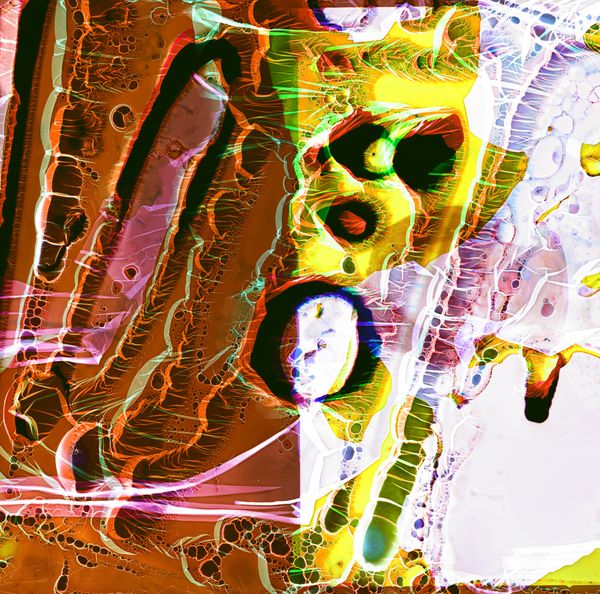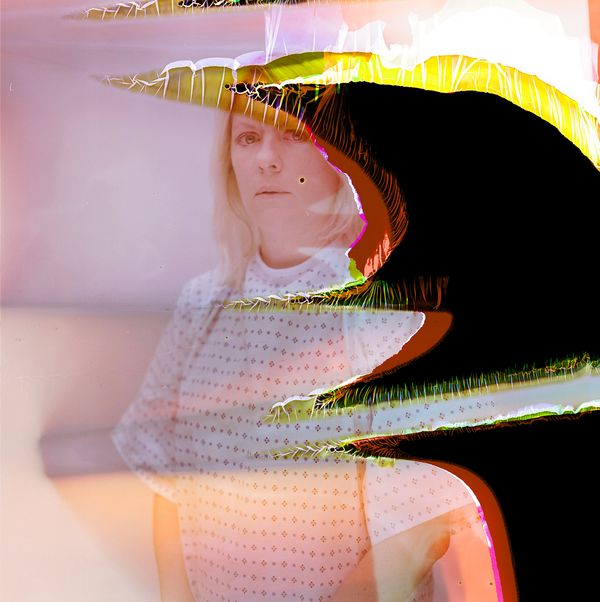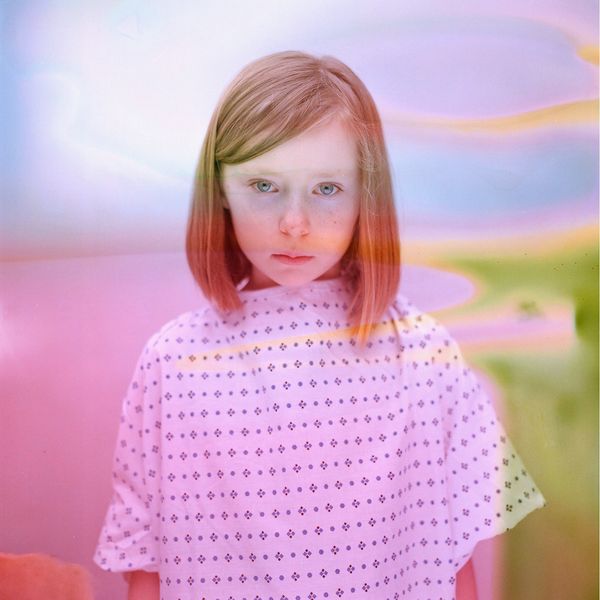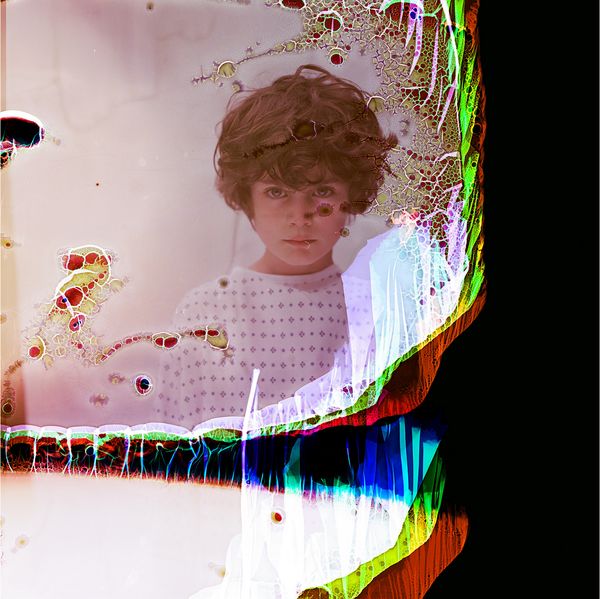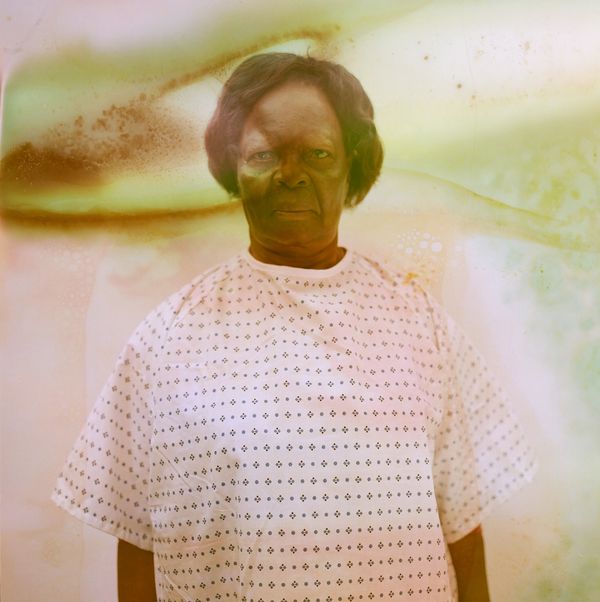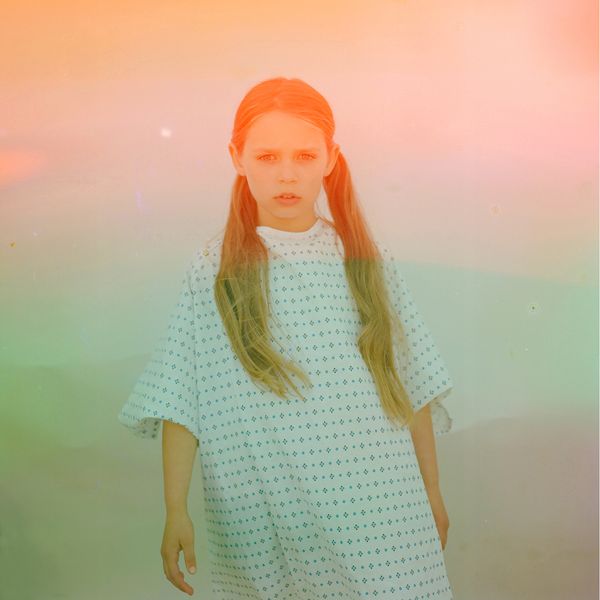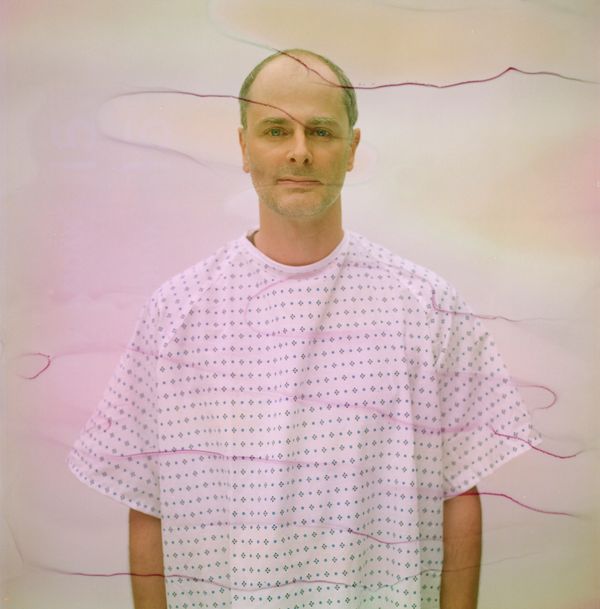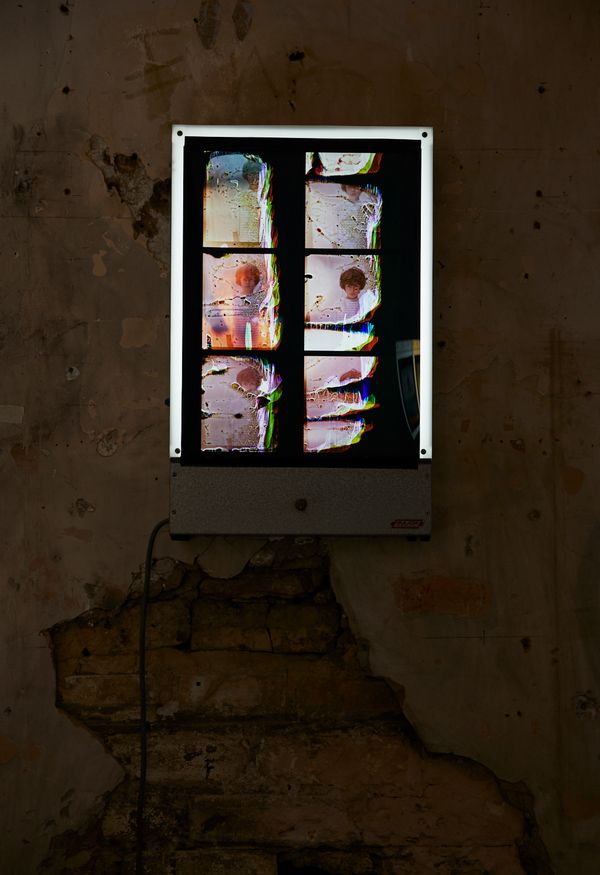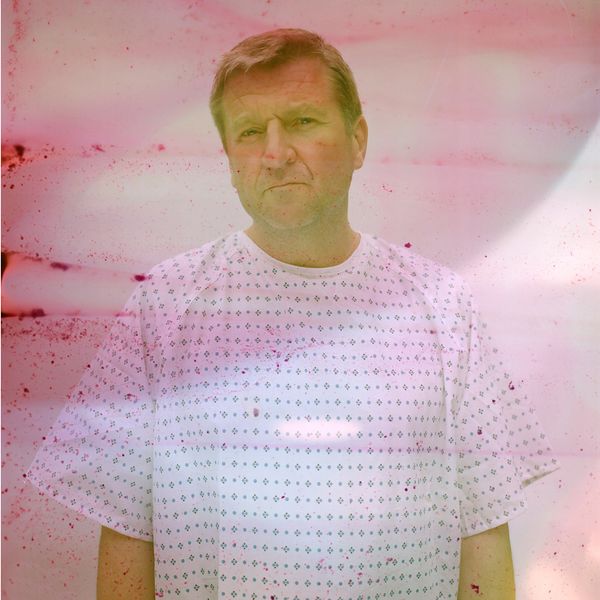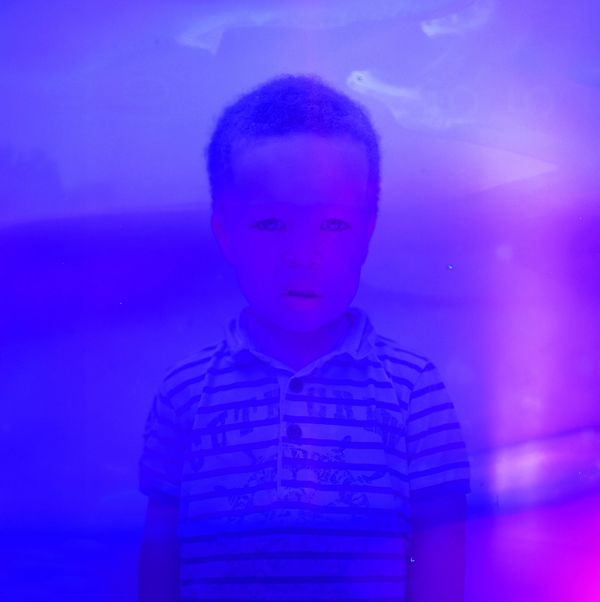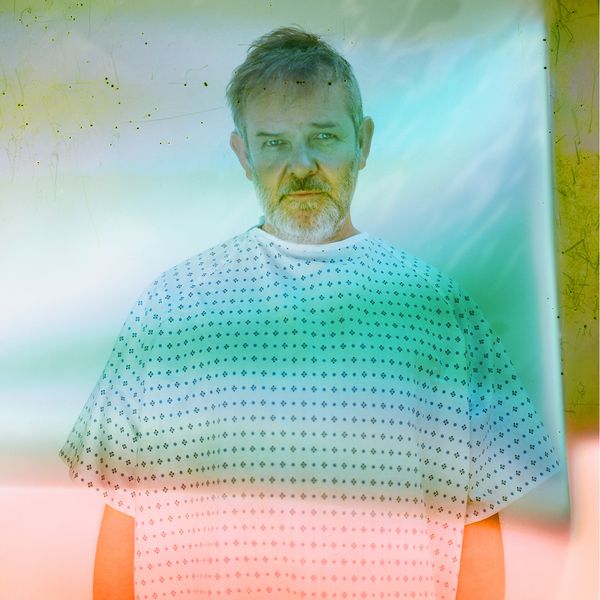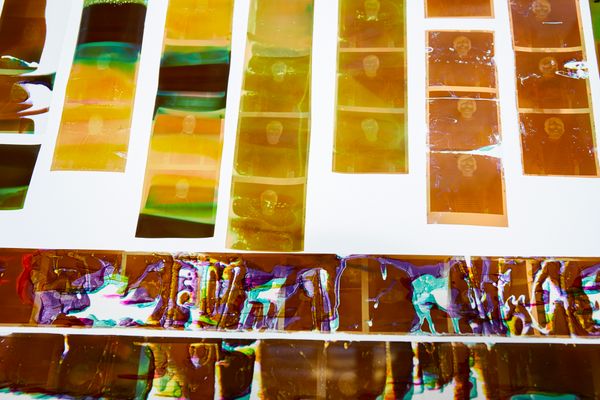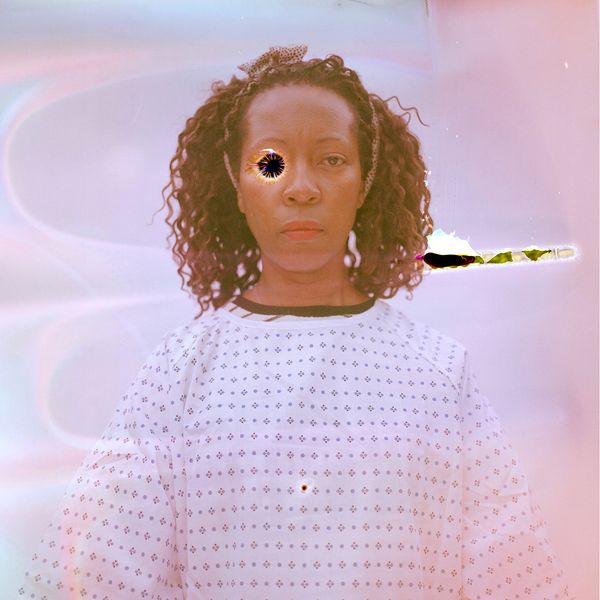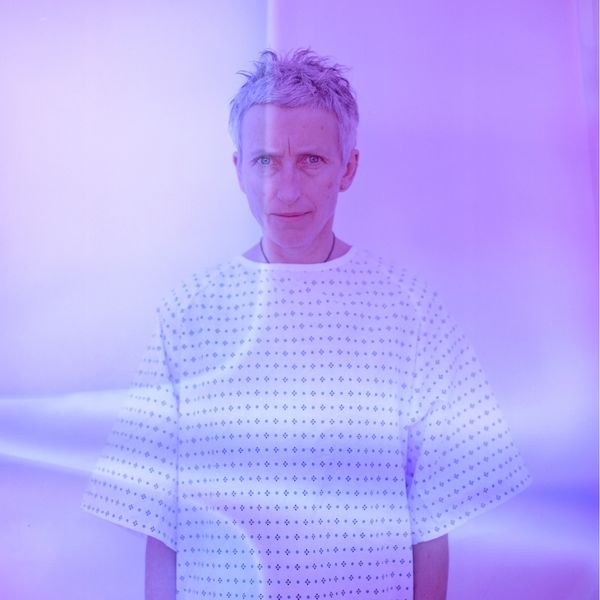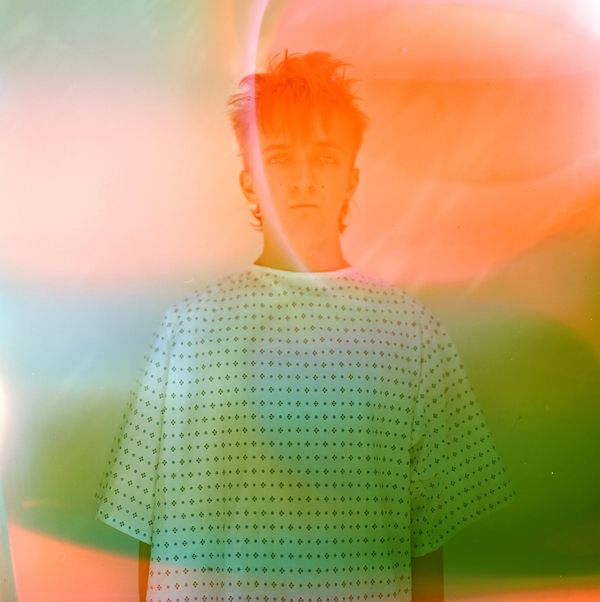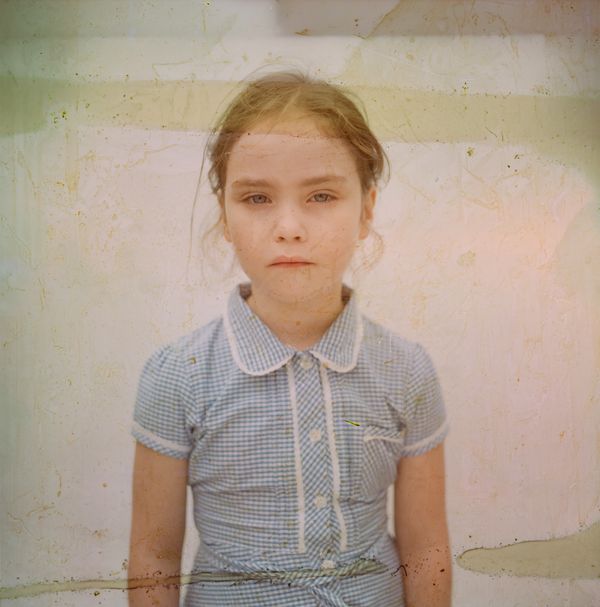Overhaul - Collaborative Project by Laura Pannack and Rhiannon Adam
-
Dates2018 - 2018
-
Author
- Location London, United Kingdom
Overhaul
Rhiannon Adam & Laura Pannack
Overhaul is a collaborative project by artists Rhiannon Adam and Laura Pannack. It originated in a site-specific work, transforming a derelict terraced house in Peckham, South East London. The exhibition, shown for the first time at Peckham 24 festival 2018, explores the collision of collaboration, science, and research led enquiries drawing from The Peckham Experiment (1926-1950). This revolutionary and experimental initiative was led by doctors Innes Pearse and George Scott Williamson to study rising concerns over health and well-being, and to further preventative healthcare amongst the working classes. Peckham was selected due to having relatively few social problems. The initiative worked with 950 local families living within one mile of the experiment’s base, the glass-walled Pioneer Health Centre, St Mary’s Road, Peckham. The building still stands today, though it has since been converted to residential flats.
As part of the Peckham Experiment, member families would subject themselves to both continual psychological and behavioural assessments, and an annual health “overhaul”, in which biological samples would be collected and charted. The aim: to define and determine the meaning of “health”, and suggest pathways to betterment within a social and familial context. Alongside community building exercises, clubs, physical activities and member-determined action, club families immersed themselves in the life of the Pioneer Centre – all with a shared goal of self-improvement.
Taking inspiration from the collaborative working practices of the centre itself, Rhiannon Adam and Laura Pannack make use of experimental analogue methodologies to explore how we diagnose and define health. Working within the Peckham Experiment’s original boundaries, Pannack and Adam have invited modern Peckham families, of different ages and racial backgrounds to be photographed and contribute their own biological samples - e.g. blood, saliva, urine, and stool - samples where DNA is present. Each roll of film has then been coated in the sample prior to development, allowing a strange alchemy to take place.
The film’s changing chemistry reflects the biology of the subject – their diet, water intake, their body’s acidity and their enzymes at work, as well as their unique imprint. These methods create a unique and unpredictable biological portrait of each participant, the random nature of the markings leading us to question the nature of the image – is it possible to be a ‘picture of health’? The project explores the notion of portraiture – capturing an essence of the unseen, playfully suggesting ways in which the image can contribute to self-discovery. Their findings discuss the never-ending search for absolute health.
The house used to display the work fell within the original experiment’s boundary, and could have been inhabited by participants themselves – the deconstructed walls echoing the public nature of the Peckham Experiment’s glass walled space. The images were presented as Duratrans prints on reclaimed hospital light boxes, alongside the recaptured post film-soak urine samples, arranged in a tint spectrum to show the range of reactions that took place.
